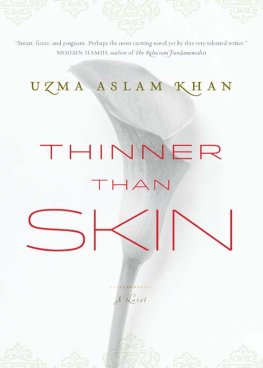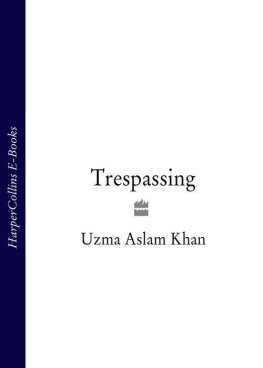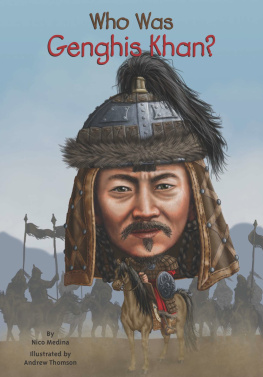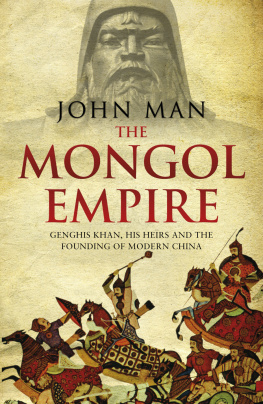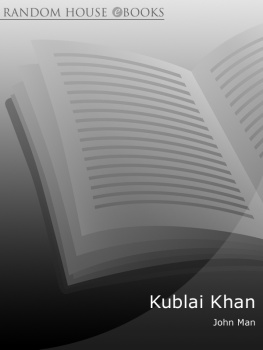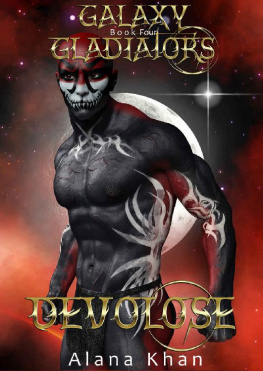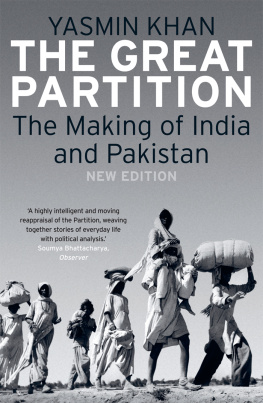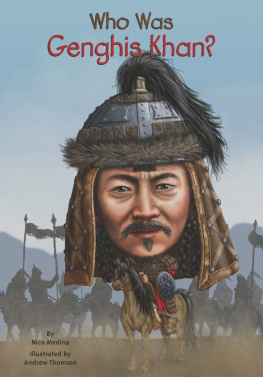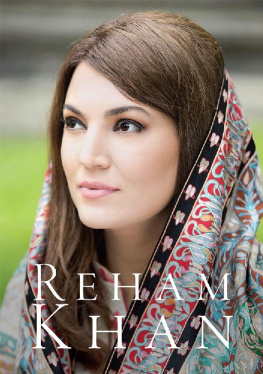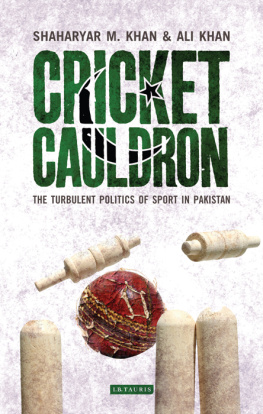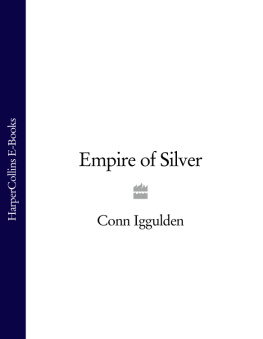
Thinner Than Skin
by Uzma Aslam Khan
It is far harder to kill a phantom than a reality.
Virginia Woolf, The Death of the Moth and Other Essays
There are one or two murderers in any crowd.
They do not suspect their destinies yet.
Charles Simic, Memories of the Future
She had felt this way once before and it might have been the wind then too.
There had been the scent of the horse right before he ran. The steam rising from the manure he had left in a thick pile on the glacier. The wind carrying the dissipating heat to her nostrils just as the horses nostrils flared in panic. Then he was racing forward, straight into a fence of barbed wire masked in a thicket of pine. The mother of his foal lifted her neck. The goats too. They sensed it, even the stupid sheep sensed it, the fat Australian ones the government tricked them into buying. Every living creature had felt the horse impale himself just before his cry rang through the valley like a series of barbed wires.
That was years ago. Now the wind carried a similar foreboding, not in the shape of a scent but of a wingbeat, and the lake froze in anticipation. Maryam waited, and nearby her daughter Kiran waited too. So did the mare and the filly, the three buffaloes, the four goats, and all the stupid sheep. What would it be this time? Whose cry was about to cut through the valley?
She walked along the shores of the lake, feeling the weight of her past, the one she left behind each year when her family moved up from the plains to the highlands. She absently stroked her daughters unbraided hair, her brow crinkled as the skin of a newborn lamb.
The trouble with memory: it awakened her mother. When alive, her mother would say that horses are the wings to this world, owls to the next. She had stories for the mountains that enclosed them too, stories in the shape of names. The Karakoram was the black door. The Pamirs the white door. The Himalayas the abyss. At times she saw no point in distinguishing between them, and all the mountains became, simply, the wall. On such days, her mother herself became a wall, pushing Maryam into corners and cracks. Walk along walls, not toward them, she would snap. One foot-loop at a time. Other times, she would counsel Maryam to look for individual peaks such as the two lovers, Malika Parbat and Nanga Parbat, the Queen and the Nude that might appear as windows in a door, or as footholds in a void. And Maryam always looked.
Tonight, the peaks were draped in a deep blue sheet of mist. No windows. No footloops. She had lived with them her entire life and knew that the taller mountain, Nanga Parbat, could not be seen from here so much as felt, and that only on very particular days, when he was drawing closer to Malika Parbat. She understood that the mountains were not as fixed as many believed. She knew too that when undressed, the taller mountain had as many angles as a buffalo hip. He moved in much the same way. A slow slip into a socket, a turn of the tail, a shadow sloping deep into a crotch. In the sunlight his summit was cast in gold, and this was what she looked for each spring, during the trek to the highland pasture, the herd lowing before her, each buffalo hip mimicking the movement in the sky. She looked for it, even if she found it only in her imagination.
It was the snowmelt of the two peaks that created the lake where she now paused. The melt had been too strong this year, obsessive even. As if last years vices had not been smoked out completely. They had followed them all the way up from the plains, these vices, hitching a ride on the backs of their horses and even the bells of their goats; if you did not get rid of such things they had a way of getting rid of you.
She gazed into the lake that lay between the mountains, till, gradually, her eye adjusted to the picture surfacing from the waters depths. It was a picture of a man, his back to her. Though Maryam could not see him she could see the peak on which he lay trapped. She knew every color and curve of this valley; the peak he lay on she did not recognize. What was he doing here, at the foot of the two mountains, at the bottom of the lovers lake?
Maryam looked away from the image. Her fingers fussed over Kirans chaotic hair with increasing fervor and the girl complained. Her eyes darted back to the water. Nothing, except that thick sheet of mist in the sky, reflected in the lake. The picture of a man trapped on an unfamiliar mountain was gone. Her fingers tried to relax.
Her daughter was squirming but she tried to keep her, whistling softly through her teeth. She was answered with the chime of a bell. She liked the animals. When you call, they come. It was the buffalo Noor, gazing casually over her shoulder from the shore, a stalk of grass between her lips that she twirled like a cigarette. There were no barbed wires here. No one tearing down the trees. And no forest inspectors telling the nomads to stretch their limbs barely as far as the length of a blanket, only to deprive them of a blanket altogether. She yanked Kirans hair. No! All that had been left behind, down in the plains! Up here, they were free to graze. The highlands belonged to those who had been coming here for so many summers only they knew how the Queen and the Nude behaved when no one was watching.
The wind slackened. The air began to ring with bells as faint yet bright as stars. There was no nervous scent, no echoing cry. No owls wingbeat gliding to the next world. Kiran skipped away from Maryam, and Maryam, drawing the night around her shoulders like a shawl, began to chase after her, forgetting entirely that only moments earlier, she had been wondering who would find him, the man glimpsed for just that second in the water, the man who walked into a wall.
It was a barn owl outside my window that night in Kaghan. She all beautiful things are feminine to me, I make no apologies perched on the bough of an almond tree at the edge of the river and the moon was high. As I opened the door of my cabin, she swung her neck and looked full into my face. There is no creature more direct than an owl. A rose has thorns, a cat has claws, but an owl the ferocity of her gaze. Unable to pull free from the ruffle of white feathers billowing around her ice-black stare, I delayed ducking back inside for my camera.
It was in my jacket in the closet on the far side of the room. Moving quickly, I remembered the night in San Francisco when Farhana and I had been returning home from a late dinner. The cars headlights had shone on something large and white on the road. Wed stopped. Farhana fell to her knees, and began caressing the ring of down delineating the eerie, heart-shaped face. Its eyes were open ah, dead beauty loses her sex! and a cloud of feathers fluttered around a gaze with a softness that made me shiver. I stroked a limp wing with the pattern of cream and toffee swirls, wishing I had my camera, even if this upset Farhana. As my fingers moved to the still breast, she said an owl was a symbol of many wonders, evil and wise, and ours was wise. I wondered if this would be a good time to propose. And while Im at it, I thought, I might also suggest a honeymoon (somewhere in a forest, she loved lushness, the propinquity of green), though not immediately after the wedding; I still wasnt earning enough. In which case, should I wait? When Farhana started to cry, saying she wanted me to look as peaceful as the owl when I died, I decided to wait. I remembered hoping that I wouldnt die in an accident late at night, tossed on the roadside till some inquisitive passersby stopped to admire my breathless form, only to leave me and drive away.
Next page
